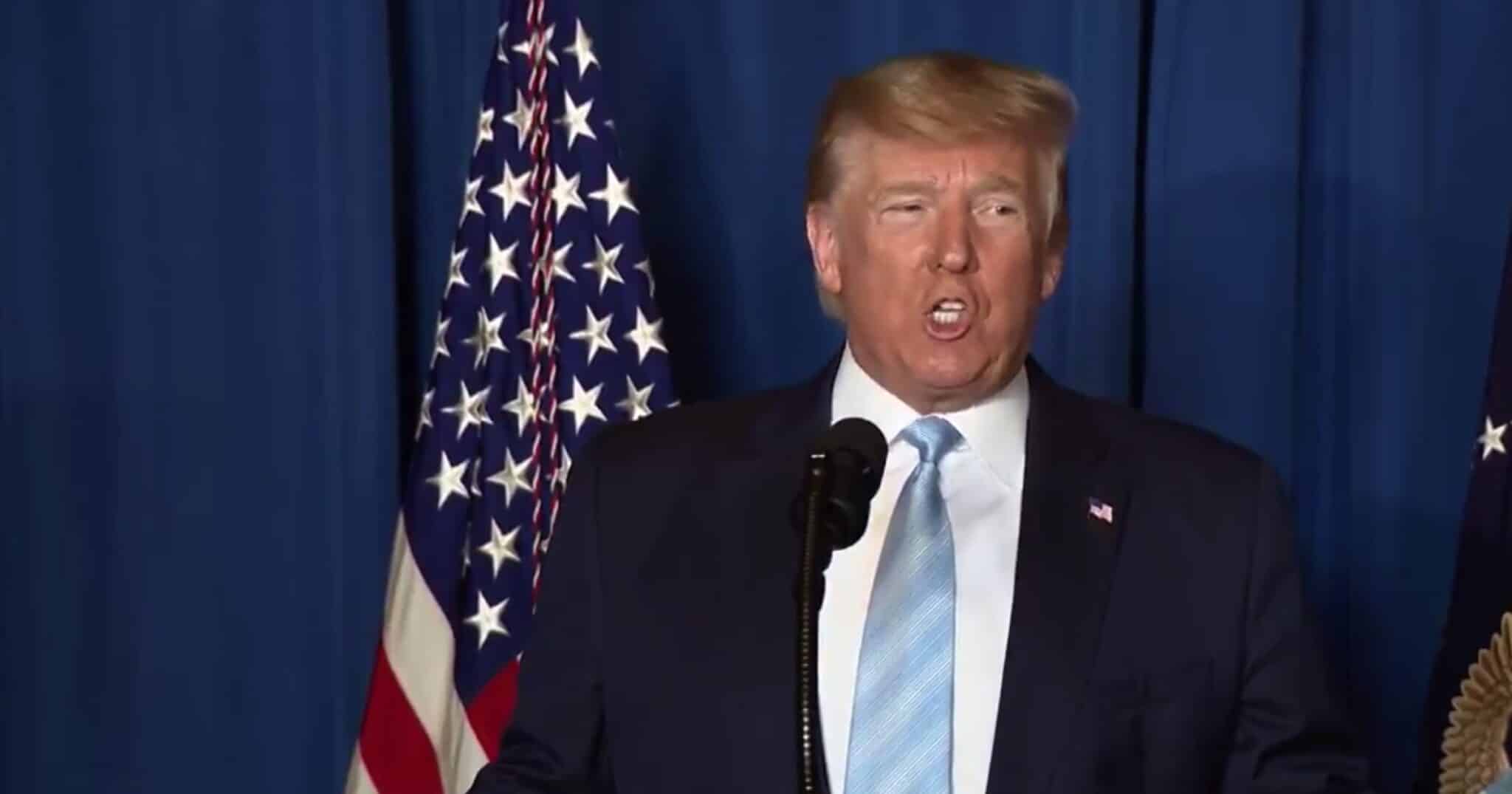








During a recent rally in Houston for Democratic presidential candidate Kamala Harris, an urgent medical situation unfolded, but the doctors present on stage did not immediately spring into action.
The Daily Caller reported that in the midst of the rally, which highlighted reproductive freedom, a person in the audience experienced a health crisis, gaining attention due to the delayed response from medical professionals on stage.
The event took place on a Friday and was designed to emphasize Harris's focus on reproductive issues, a key component of her 2024 campaign.
Among those on stage was Dr. Richard Todd Ivy, an experienced OB/GYN, who was speaking when the incident occurred. He acknowledged the commotion by pointing out the area where assistance was needed.
Despite the presence of medical professionals, including doctors wearing white coats on stage, no immediate help was rendered to the individual needing care. Video footage captured the scene as the audience began calling for medical assistance. Dr. Ivy's attempt to highlight the situation did not result in an immediate response from his colleagues on stage, adding to the surprise and concern among rally-goers.
The tension appeared to be resolved as the crowd cheered moments later, with a female physician reassuring Dr. Ivy that the individual was "okay." This was further confirmed by another voice stating "they're good," allowing Dr. Ivy to continue his remarks.
The backdrop of the event poignantly read "Vote for Reproductive Freedom," underscoring the rally's main theme.
Dr. Ivy seized the opportunity to stress the significance of abortion access, describing it as a pressing "healthcare crisis" in Texas, as the state's stringent laws have been a focal point in the national debate over women's health rights.
The incident did not seem to overshadow the main messages of the rally. Among the notable figures present was Michelle Obama, joining Harris the following day in Michigan. Her appearance in Houston reinforced the campaign's stance on women's rights, with her message calling out male politicians for lacking understanding in women's health matters.
Adding to the event's high-profile nature was Beyonce, who introduced Harris but chose not to perform.
Her brief five-minute speech supported the candidate but also led to mixed reactions from attendees. Some expressed dissatisfaction with booing, disappointed at not hearing a musical performance from the pop icon.
In an effort to quell the discontent, Harris directed those displeased to a smaller, nearby rally instead. This response mirrored a prior incident earlier in October when she was similarly heckled.
Other guest appearances, including Willie Nelson and Kelly Rowland, helped maintain an upbeat atmosphere despite the earlier health scare.
Harris's campaign has been placing strong emphasis on healthcare, with reproductive rights at the forefront. Her policies aim to counteract restrictive measures and advocate for women's decision-making autonomy.
The unexpected incident at the Houston rally underscored the complex interplay between public events and policy advocacy, as real-time occurrences shaped the narrative and highlighted the urgency of healthcare matters.
Michelle Obama's passionate appeal further stressed the importance of keeping health decisions out of the hands of those she deemed politically disconnected from women's lived experiences. She warned against potential regressions under another Trump presidency, linking policy decisions directly to personal impact, such as teen pregnancy.
The Houston rally, emblematic of the contentious dialogue surrounding reproductive rights in the U.S., rallied participants by mingling entertainment with political discourse.
As each speaker took to the stage, they reinforced the urgent call for voting in favor of reproductive freedom, capturing a blend of entertainment and advocacy unique to this political season.
The rally appeared to have achieved its goal of drawing attention to crucial issues, despite the hiccup caused by the medical incident. It remains to be seen how the events of that day will influence both public perception and voter engagement in the coming months leading to the election.


